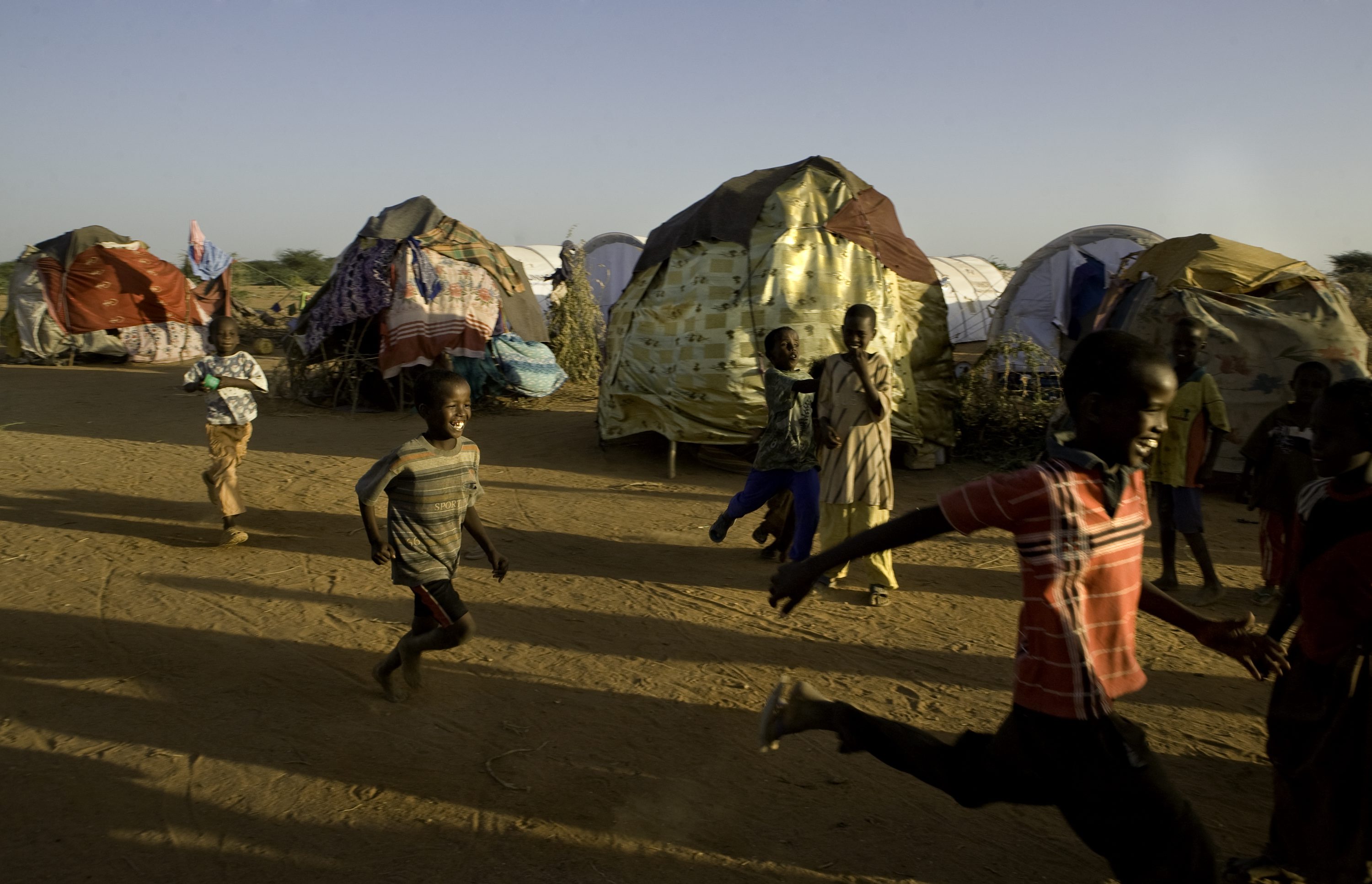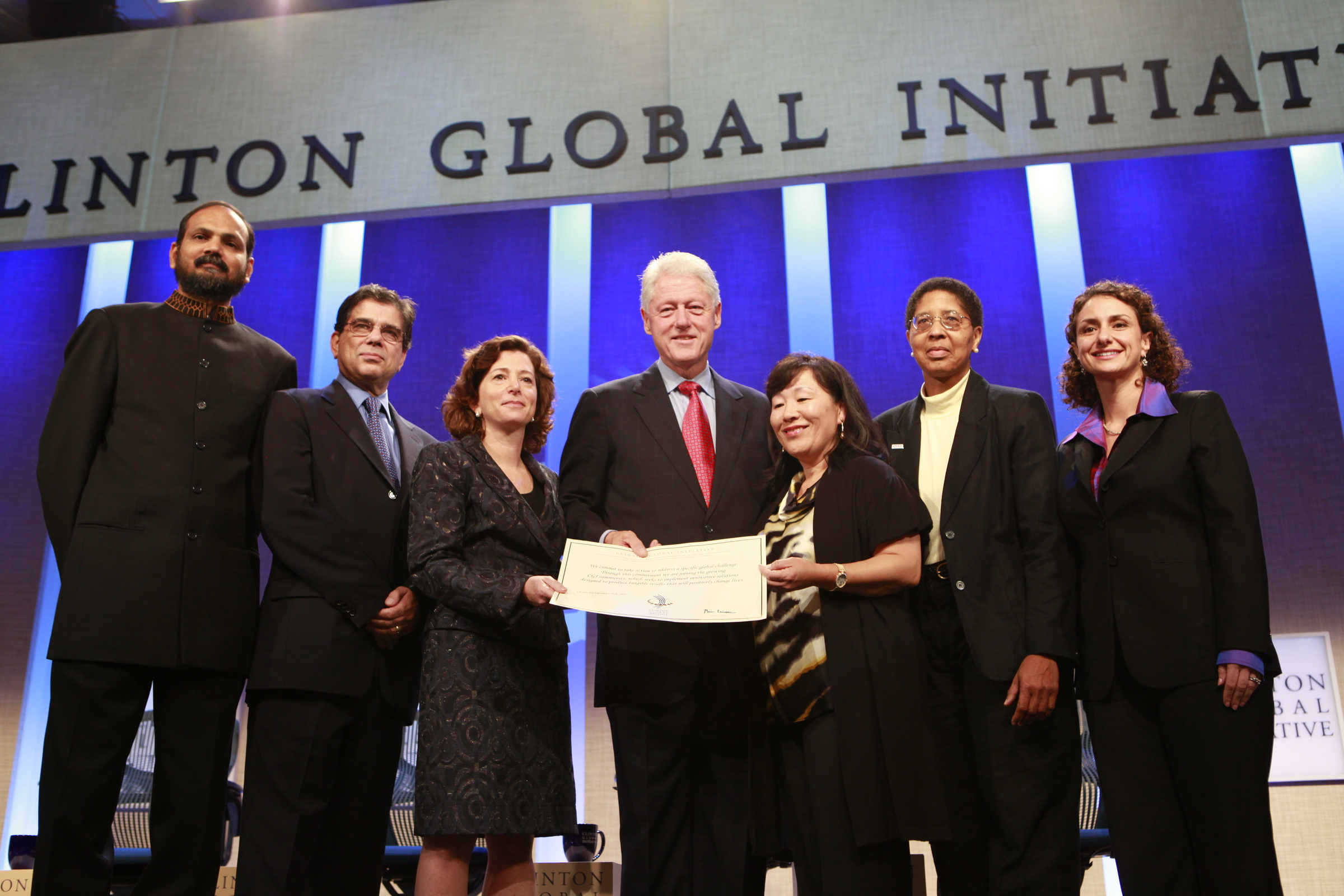Q&A: Former Bosnian refugee promotes technology to bring hope to the displaced
Q&A: Former Bosnian refugee promotes technology to bring hope to the displaced

PARIS, France, November 24 (UNHCR) - When she was 18 years old, Leila Toplic and her family had to flee their home in war-torn Bosnia and Herzegovina. They spent a year in a refugee camp in Hungary, where Toplic volunteered to teach refugee children. A year later, the Toplic family left for the United States, where Leila studied at prestigious colleges in Massachusetts. After graduating, she decided to pursue her interest in technology and joined Adobe Systems in Seattle. Today, Leila Toplic lives in the French capital, Paris, and works as a senior consumer strategy manager for computer technology giant - and UNHCR corporate partner - Microsoft. But she also volunteers her time to help raise awareness about the forcibly displaced. In August, she travelled to Kenya and South Sudan to help UNHCR document refugee stories as part of a new communications project. The young woman talked recently in Paris with Senior Public Information Officer William Spindler and Public Information Intern Clara Souchereau. Excerpts from the interview:
Tell us about your departure from Bosnia and Herzegovina
The war in Bosnia started when I was 14. We are ethnic Bosniaks but lived in Banja Luka, a majority Serb town. It was an ethnic conflict [from 1992 to 1995] that destroyed my country, people and culture. It was a time of fear, destruction and uncertainty, and all I could do was to focus on my education. We stayed on for most of the war because we thought that it would end soon and didn't want to leave our home. But then the massacre of [some 8,000 Bosniak men and boys in] Srebrenica happened [in July 1995] and we were afraid that something like that could happen again. We left in buses with other families and drove along a humanitarian corridor, through the battlefields. There was no guarantee that we would make it. The bus left us at the Serbian-Hungarian border, where UNHCR picked us up and took us to Nagyatad refugee camp.
What was life as a refugee like?
Becoming a refugee is incredibly hard and life-changing. One day you live a normal life and the next day the world you know is replaced by destruction and fear. You are forced to abandon everything you know and love in order to survive. One day you have a home, the next day you are a refugee . . . When we arrived in the camp, I found out that they had set up a refugee school, so I decided to offer my help and teach Art and English. The hardest, yet most rewarding, thing for me was to make the little kids laugh again and help the teenagers rediscover hope and prepare for the future.
How did you build a new life after that?
When I arrived in the United States my top priority was to continue my education, so I applied to go to college. I went to Wellesley College in Massachusetts, where I took peace and justice studies. At the same time, I joined the Massachusetts Institute of Technology's Media Lab, where I explored my interest in technology, which I had discovered when I attended a computer training class at the refugee camp.
While in college, I continued to work on behalf of refugees and started the first student chapters for UNHCR and the United Nations Development Fund for Women. It was an opportunity to connect young people with something I felt very strongly about and create a connection between those important causes and the future generation of leaders. After graduating, I decided to pursue my interest in technology and joined Adobe Systems in Seattle. Two years later, I joined Microsoft.
How did you start working on behalf of refugees?
As a refugee and a beneficiary of UNHCR's help, I realized how critical your mission is for the millions of people who depend on your help every day - from basic survival to restoring hope and finding a home. Today, I am contributing to the refugee cause by using my brand communication skills to support UNHCR in your efforts to engage people worldwide in supporting refugees, and by helping with the programmes that UNHCR and Microsoft are working on together. For example, since 2004 Microsoft has partnered with UNHCR to build community technology access centres in refugee camps around the world. By the end of 2010, the programme will cover 32 camps in 13 countries.
As I experienced for myself in Hungary, and heard from refugees in Kenya and Sudan, a refugee camp can feel like an isolated island. But with the help of technology, refugees can bridge the divide and gain access to information, education, new skills and, ultimately, a better life. I want to help UNHCR bring the same hope and opportunity to others - one refugee at a time.








